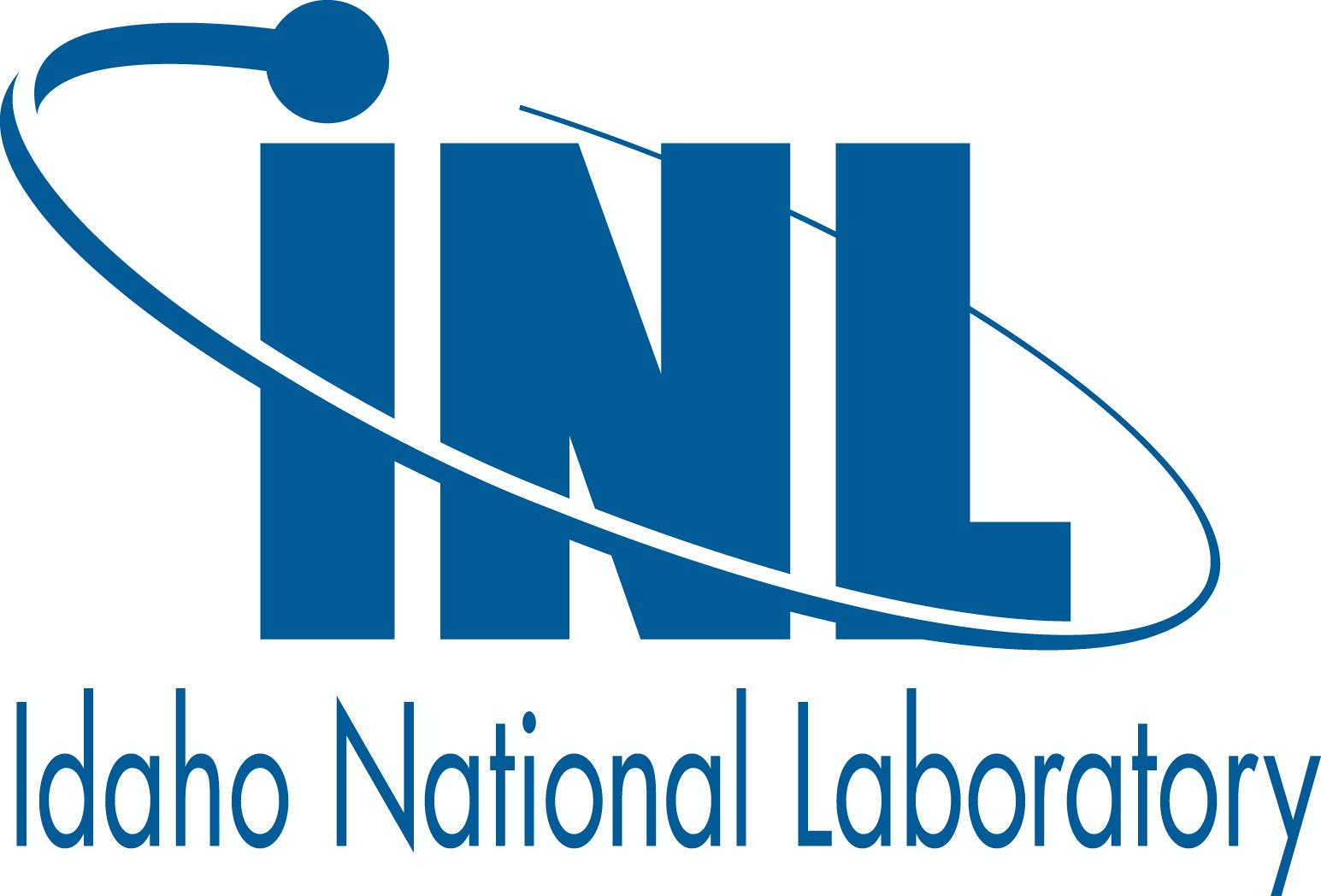Idaho National Laboratory: Southern Company signs agreement with U.S. Department of Energy to demonstrate world’s first fast-spectrum salt reactor in collaboration with TerraPower, Idaho National Laboratory
Southern Company and the U.S. Department of Energy (DOE) have established a cooperative agreement to design, construct and operate the Molten Chloride Reactor Experiment (MCRE) – the world’s first critical fast-spectrum salt reactor.
Selected for funding under DOE’s Advanced Reactor Demonstration Program (ARDP), the small reactor experiment will advance TerraPower’s Molten Chloride Fast Reactor (MCFR) — a technology important to a sustainable clean energy future. Southern Company research and development (R&D) will lead the effort in a collaboration that includes TerraPower, Idaho National Laboratory (INL), CORE POWER, Orano Federal Services, the Electric Power Research Institute (EPRI) and 3M Company. The team’s ongoing alliance with DOE’s Office of Nuclear Energy through the ARDP is essential for delivering this key technology and will be supported by a five-year, $170 million cost-shared funding agreement.
“Southern Company is committed to advancing next-generation nuclear as part of a comprehensive strategy to deliver clean, safe, reliable, affordable energy to the customers we’re privileged to serve,” said Dr. Mark S. Berry, Southern Company vice president of R&D. “The Molten Chloride Reactor Experiment will support the commercialization of a revolutionary technology on a timescale that addresses climate change benchmarks and delivers on Southern Company’s goal of net-zero greenhouse gas emissions by 2050. We’re honored to work with DOE and our many industry team members on this truly groundbreaking experiment.”
The Molten Chloride Reactor Experiment will be the world’s first fast-spectrum, salt-fueled nuclear fission reactor to go critical, meaning that it is operating on a self-sustaining nuclear chain reaction. The MCRE project represents a significant inflection point in the technology demonstration road map for TerraPower’s MCFR, as the project will inform the design, licensing and operation of an MCFR demonstration reactor. An environmental review will be completed for the Molten Chloride Reactor Experiment in accordance with the National Environmental Policy Act before final design and construction begin.
Nuclear generation will be central to an affordable and sustainable net-zero future – providing reliable, resilient, and dispatchable clean energy. A novel concept for nuclear generation, the MCFR is one of the most advanced Generation IV nuclear technologies under development. It offers many performance and economic benefits including flexible, highly efficient clean electric power generation as a complement to the increased use of intermittent renewable resources on the grid. The technology also has the potential to provide carbon-free high-grade process heat and thermal storage for difficult-to-decarbonize industrial markets and ocean transportation sectors.
“Our past work with Southern Company has led to important experimental milestones and to the establishment of unique test facilities necessary to validate molten salt reactor technology,” said Chris Levesque, TerraPower’s president and CEO. “Southern Company’s leadership and experience in reactor licensing and operation has been essential. The Molten Chloride Reactor Experiment will continue this important work in a critical reactor experiment, leading to the successful development of low-cost, clean energy for the future.”
Through a public-private partnership in 2015, Southern Company and TerraPower were awarded approximately $40 million from DOE to build integrated infrastructure necessary to support early development of MCFR technology. The newly selected Molten Chloride Reactor Experiment will continue this momentum toward commercialization of the MCFR.
The MCRE is targeted for operation at Idaho National Laboratory, the nation’s premier nuclear laboratory. INL has a rich history of demonstrating nuclear technology, as the home of the first reactor to generate usable electricity from fission and the first to power a city. Over the past 71 years INL has been the home of 52 reactor demonstration projects, and the lab is currently working with private industry, universities and other federal stakeholders to demonstrate and deploy advanced commercial reactors.
A project initiation ceremony was held Oct. 20 in Idaho Falls, attended by representatives from Southern Company, TerraPower, INL and DOE. During this event, INL Director John Wagner said, “The core of INL’s heritage is demonstrating nuclear reactors and this opportunity to bring the first-ever fast-spectrum molten salt reactor critical is remarkable and significant. INL is honored to be part of this historic public-private collaboration.”

